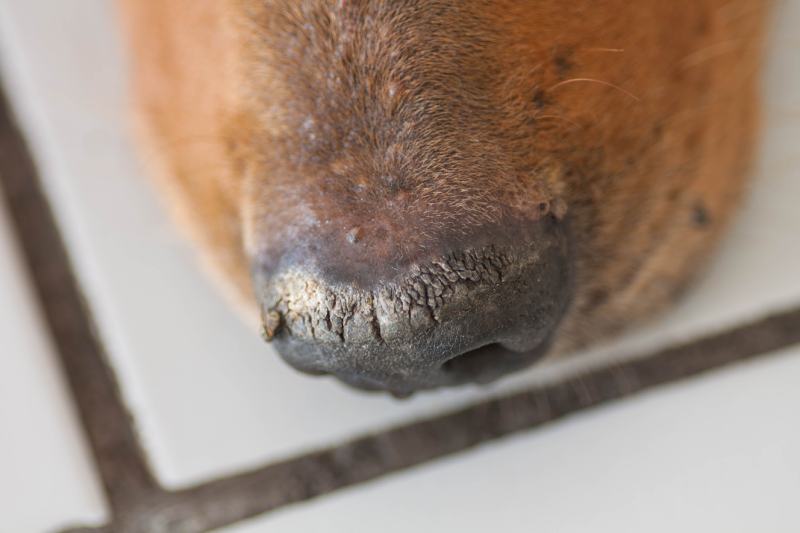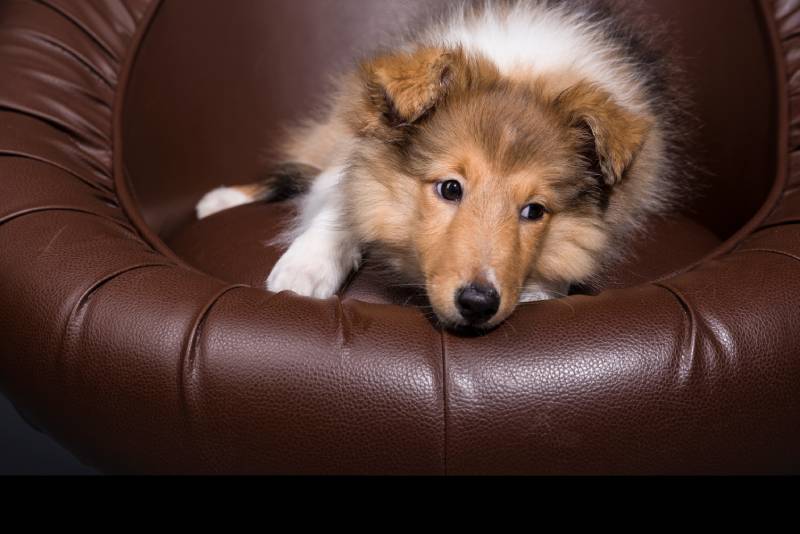Why Do Dogs Have Black Lips? Facts & FAQ
Updated on
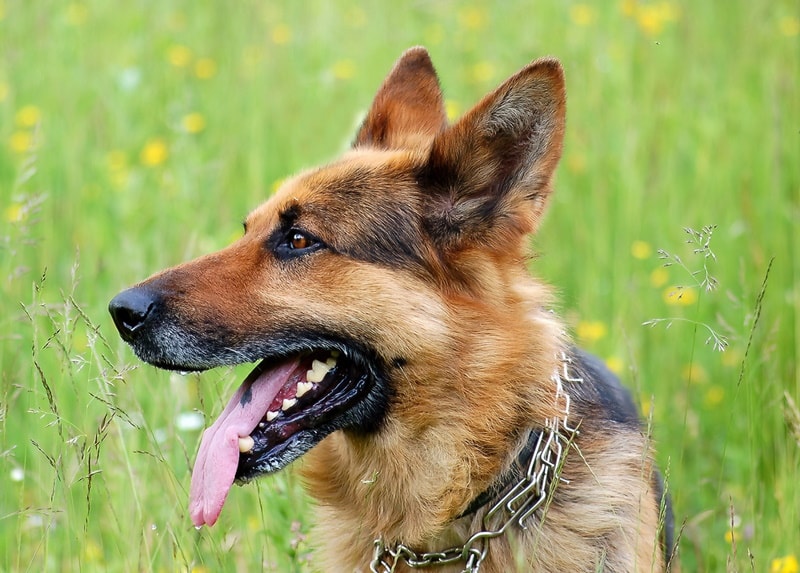
As a dog owner, you may be wondering why some dogs have black lips and others don’t. While some link the trait of black lips on dogs to intelligence or hunting skills, others believe that black lips ensure the dog is purebred. But these are just century-old tales with no scientific authenticity.
Many dog breeds genetically have black lips to protect the animal from the sun’s harmful UV rays. Think of it as a natural sunscreen. So, if your furry friend has completely black or pink-spotted black lips, know it’s okay and your dog is healthy.
However, if your dog’s lips have become blue or darker out of nowhere, observe them closely for signs of bumps. Once spotted, take your pet to a vet to diagnose any underlying medical issues.
This guide will answer all your questions about your dog’s dark lips. So, let’s dive in.
Do Dogs Genetically Have Black Lips?
If two dogs with black lips breed together, the resulting puppies will inherit black lips because the black pigment is the most dominant gene in dogs. However, some dog breeds also have gray, white, and brown dominant genes.
The other reason is the presence of melanocytes in the dog’s body.1 Like humans, melanocytes are also present in dogs’ skin. These cells produce melanin, a pigment that makes skin, hair, and nails appear dark.
Melanin can also lead to different colorations in dogs, but black is the most prominent. So, the higher the melanin, the darker the skin will be. Now, you may be wondering about the purpose behind melanin and melanocytes.
Dark pigmentation is actually good for both humans and dogs. It protects the body from the harmful sun rays and the side effects of solar radiation. The dog’s hair and fur also collaborate with its black lips to shield them against UV light.
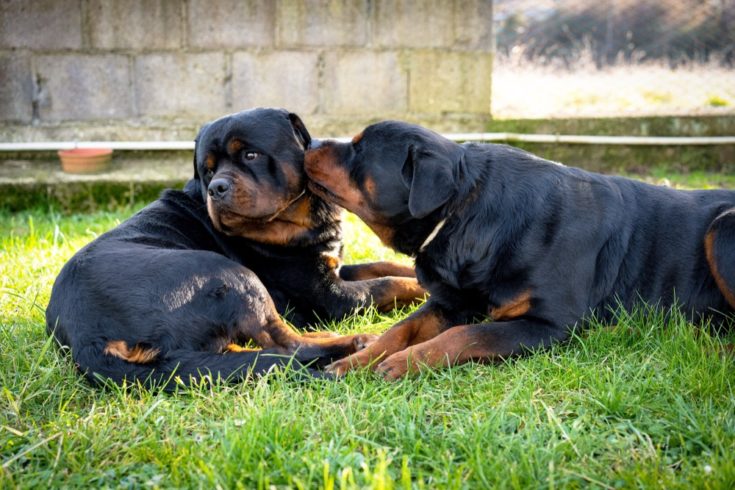
Do Black Lips Indicate a Health Concern?
Black lips are entirely normal for dogs. Fortunately, no scientific study connects their lip color to any illness. But if your pup’s lips suddenly start changing their color, it can be a medical concern.
Some dog breeds experience a change in lip color due to seasonal changes. This is pretty normal. However, it can also be a symptom of any underlying, more serious issue, such as vitiligo.
Sudden changes in lip color can also result from bacterial infection if inflammation, lesions, or redness accompany it. Watch out for the below signs in your pup to know whether it’s a medical emergency or not.
- Sudden changes in their lip color, i.e., from pink to black or vice versa
- Their mouth turns black, gray, or blue
- The presence of black patches on the lips or body
If you observe anything, consult a vet as soon as possible. As an aware pet owner, you must know all the factors that make your dog’s lips change color.
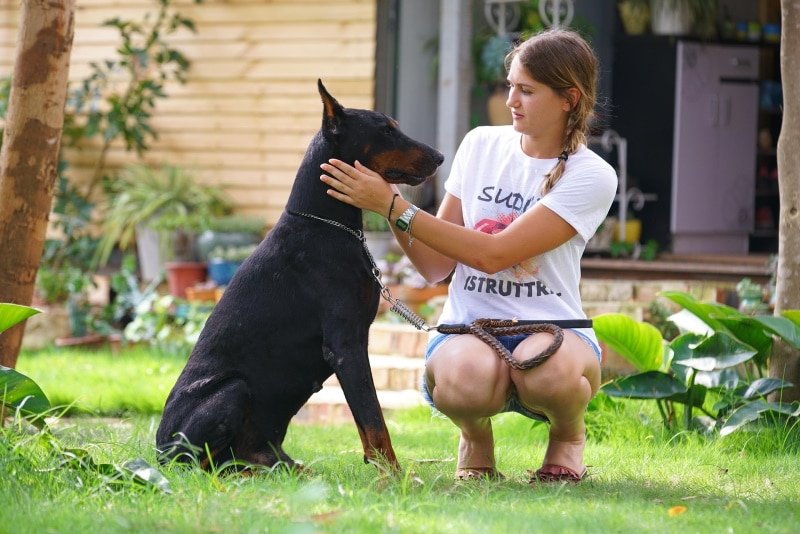
Factors That Make a Dog’s Lips Change Color
While your dog may naturally have dark lips, you should seek veterinary care if they change color suddenly. These types of changes can be caused by things such as:
- Seasonal changes
- Discoloration due to a lip injury
- Skin allergies
- Excessive salivation
- Vitiligo
- Cancer
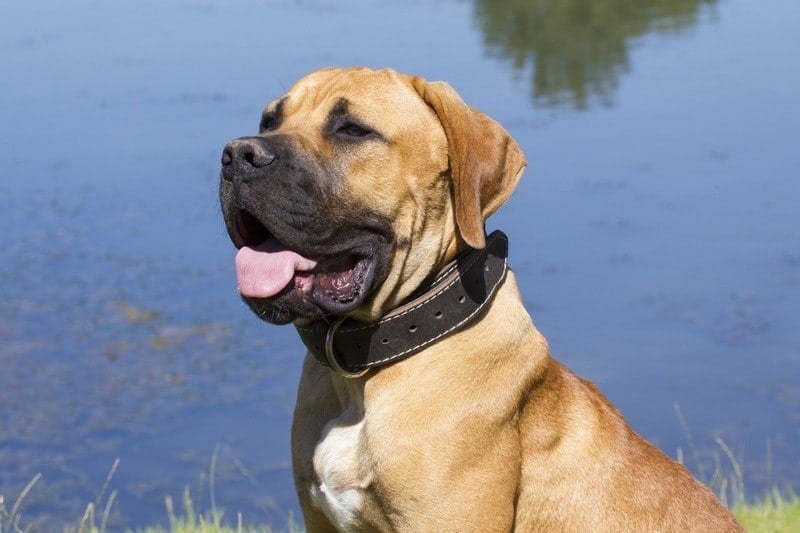
Conclusion
Most dog breeds naturally have black lips due to the presence of melanocytes in their skin. These cells produce a pigmentation called melanin that gives a dark color to the dog’s lips. Black lips protect the dogs from the harmful UV rays from the sun. However, they don’t always stay black. You may see your pup’s lips changing color to lighter in autumn and winter and darker in summer and spring. That depends on the intensity of the sunlight, which keeps fluctuating throughout the year.
However, skin allergies, vitiligo, auto-immune diseases, injuries, excessive salivation, and cancer can also make your dog’s lips change color. If you notice any such change in your pup, take them to a vet without wasting further time.
Featured Image Credit: Mircea Costina, Shutterstock


